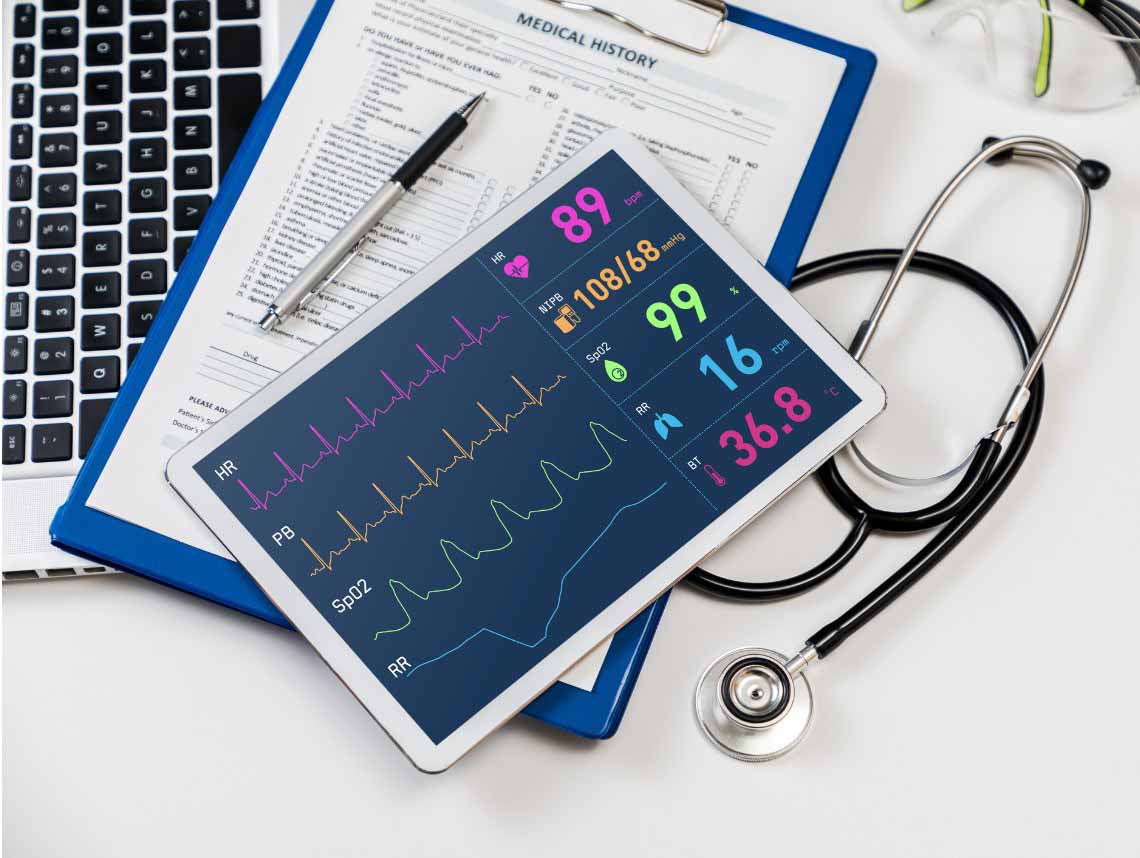Nurses are superheroes to their patients. And, just like Batman, they have a toolbelt full of equipment and tools that make their job easier. While some tools and equipment may be obvious, others help behind the scenes. So, what are the most important? And, how do they help you do your job?
10 Essential Equipment & Tools for Nurses
1. Shoes
As a nurse, you’re on your feet for long periods of time. When you’re wearing the wrong shoes, your feet will be quick to tell you. Not only does the wrong shoe leave you feeling sore and in pain, but it can also negatively affect your long-term health. Some of our favorite shoes for nurses include:
- HOKA One One
- Crocs
- Dankso
2. Scrubs
Whether you work long hours for a few days or shorter hours several days in a row, you practically live in your scrubs. Shouldn’t they be comfortable? Great scrubs are also practical — featuring tons of pockets, durability, and fitted in all the right places. Our favorite scrub brands include:
- Dickies
- ScrubStar
- Cherokee
3. Compression Socks
Compression socks reduce swelling, improve blood flow, and increase support throughout the feet and legs. This helps to eliminate discomfort during shifts and keeps you on your feet for longer. Plus, compression socks come in different patterns to display your personality or to connect with your patients. Our favorites include:
- SB Sox
- Physix
- Bombas
4. Bag
No amount of scrub pockets in the world can take away from the need for a really good bag. From carrying personal items like your wallet, keys, and phone to carrying lifesaving equipment like EpiPens and bandages, a bag can keep your hands free while providing you with everything you need. Some of the best bag brands for nurses include:
- Nurse Mates
- Rothco
- N. Gil
5. Planner/Organizer
Staying organized will not only help your mental health, but it makes you a better nurse. If you have a patient who takes multiple medications at different times throughout the day, then a planner can help keep you on track. You can take notes and make lists to keep your highest priorities on your radar.
6. Medical Reference Book
Whether you just graduated from school or you’ve been out for a while, having a reference guide for things you’ve forgotten can keep you providing high-quality care. In some cases, you may be the sole person responsible for making a decision. Having medical reference guides or pocket guides can ensure you don’t make any mistakes.
7. Sphygmomanometer
Sphygmomanometers help you quickly check your patient’s blood pressure to assess and monitor their condition. Not all patients are bedridden. If you work in home health care, you could be playing with your patient at a park, attending school with them, or simply taking them to lunch. Having a reliable sphygmomanometer with you can help identify issues on the go.
8. Stethoscope
Stethoscopes come in various designs and sound levels, but most nurses prefer high-quality devices. Having a professional stethoscope is one of the most important tools to have on you at all times. Whether you’re at a patient’s home, at school, or in a clinical setting, stethoscopes help you listen to the heart, lungs, and any bodily sounds to discover abnormalities early.
9. Technology
From mobile apps that help you track your patient’s data in real-time to dashboards that streamline paper trails, technology makes your job easier. At Sonas, we use ContinuLink to make it easier for our nurses to clock in and out, contact their patients’ families, and notify us if they have any issues. Not only does this translate into less paperwork that you have to fill out at the end of your shift, but it improves the quality of care that you can provide to your patient.
10. Personal Protective Equipment (PPE)
It can’t be overstated that the health of nurses matters. If you’re healthy — physically, mentally, and socially — then you are better equipped to help your patient become healthy too. That’s why having sufficient PPE can make all the difference for nurses. From masks that protect you from viruses to gloves that protect you from bodily fluids, having adequate PPE is not just essential. It’s a requirement.
Contact Sonas Home Health Care for Pediatric Nursing Jobs in Florida
Are you looking to become a pediatric nurse? Sonas Home Health Care can help. We are currently looking for compassionate and nurturing Pediatric Licensed Practical Nurses (LPNs) or Pediatric Registered Nurses (RNs) in various locations across Florida. Sonas specializes in one-on-one hourly pediatric care in the home. We offer PTO, medical, dental and vision benefits, flexible schedules, and more.
If you or a loved one are considering a career in Pediatric Nursing in Florida, contact Sonas Home Health Care. Apply online or call today at (888) 592-5855.
This blog was reviewed by Jillian Miller BSN, RN — Director of Nursing for Sonas Home Health Care’s Tampa Bay market — for clinical accuracy. Jillian Miller has been a nurse for 16 years — working primarily in pediatrics. She believes the best part of working with the pediatric population is when you see smiles from clients when you first enter the room. She loves seeing the difference you can make in families’ lives while providing the best care possible for them.

